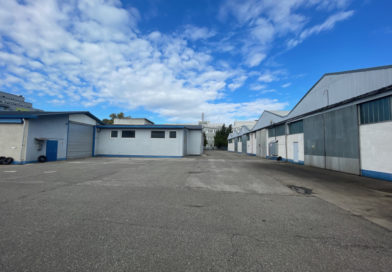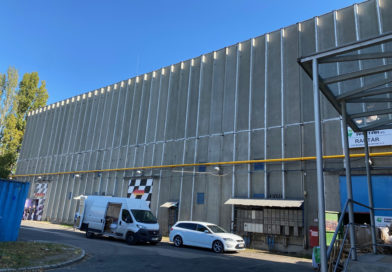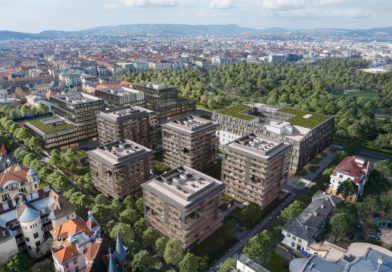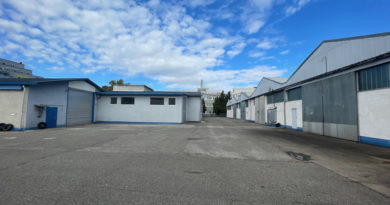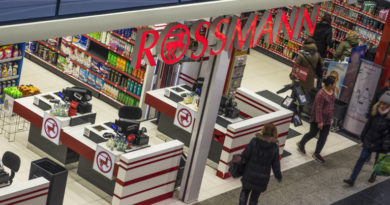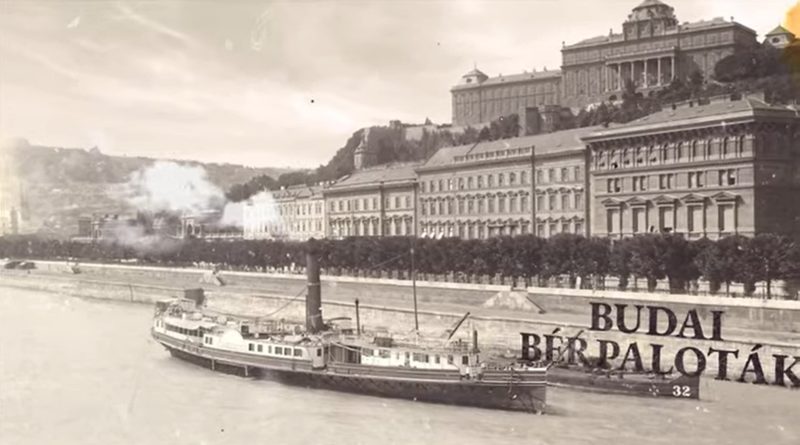CEE Property Investment Turnover Reaches €5 billion in 2010
Real estate investment turnover in Central and Eastern Europe (CEE) reached €5 billion in 2010, a 90% increase on the total turnover in 2009 as a whole (€2.6 billion), according to the latest data by CB Richard Ellis (CBRE). After reaching a cyclical low in Q1 2009, CEE continued its property investment recovery throughout 2010 with over 30 property investment transactions registered in the final quarter of the year, reaching a total of €1.7 billion.
Investment activity was particularly strong in Russia and Poland during 2010, which together accounted for 74% of CEE’s investment turnover for the year. Russia overtook Poland by recording the highest investment volume of any market in CEE. This was largely influenced by Lenmar Capital’s purchase of a large portfolio including five Moscow office buildings for around €690 million in Q4 2010. Despite showing signs of increased investment activity, liquidity has remained low in most other CEE markets. The majority of activity has been focused on the office sector, which recorded a five year record-high in terms of its proportion of overall investment activity, at 46% for the year, partly influenced by a limited prime product availability in the retail sector.
Jos Tromp, Head of CEE Research and Consulting, CBRE, commented: “2010 marked the return of interest in portfolios and large single assets in the CEE real estate market. Around 45% of all property investment in the region related to €100 million-plus deals. Among these larger transactions, the purchase of the Intercontinental Hotel in Prague by Westmont Hospitality Group was one of the most remarkable as it was the first 5-star hotel transaction in CEE since the crisis hit the market.”
Other notable transactions in CEE during 2010 included: the largest retail deal of the year in Warsaw, where Unibail–Rodamco acquired the Arkadia and Wilenska shopping centres as part of a European portfolio; and the largest office transaction which took place in Russia, where a portfolio of five office buildings was acquired by Lenmar Capital for around €690 million.
Following increased turbulence in the broader real estate sector in 2010, German Open-ended Funds (GOEFs) have slowed down their investment activity in the CEE region, especially during the second half (H2) of 2010. RREEF was the only fund manager completing transactions in H2 2010 (in Poland). Deka sold a building it acquired in 2004 on behalf of its Deka – Immobilien Europa fund.
“In 2011, it is expected that the large funds will continue to undertake selected investments in the core markets in the region. Yet a wave of portfolio sell-offs is not expected since book values are relatively high in most cases as the majority of properties were acquired in recent years,” continued Tromp.
Most of the markets in Central Europe saw prime yields compress between 10 and 25 basis points (bps) across major commercial sectors in Q4 2010. Despite being the most active market in the region, Warsaw registered stable prime yields in Q4 2010 compared to Q3 2010. However, the prime yield gap between Warsaw and Prague remains significant at 50 bps, reflecting the higher liquidity of the Warsaw market. Bucharest has seen larger cuts in prime yields. Compression registered in Bucharest ranged from 25 bps for prime logistics schemes to 50 bps for prime offices. The significant adjustment of the prime office yield can be explained by increased investor confidence in the prime end of the market, supported by transaction activity.
“Unlike in Poland, Russia or Czech Republic investment activity remained modest during 2010 in Hungary as the total investment volume was down by 30% on 2009 reaching only €185 million. Similar to 2009, the largest deal was a retail transaction, Allianz purchased Allee Shopping Center at the beginning of 2010. The second major transaction closed at the end of the year with Redevco’s acquisition of the retail units and parking in Vörösmarty No.1. This sector accounted for almost 90% of the total investment activity while the office sector represented the remaining 10 percent. During 2010 no industrial transaction did take place. General consensus is that the market hit bottom in 2010 and expectations for 2011 are more positive” added Tim O’Sullivan, Head of Capital Markets Hungary.


